Last Updated on March 13, 2024 by Kelli
Use Less Electricity Starting Today
Homes and businesses in Texas get their highest power bills during the summer months. Electricity consumption increases due to air conditioning, and generation costs also increase due to the high demand across the grid. In other words, you are not only using more electricity, but also paying higher kilowatt-hour prices.
Expensive electric bills are very difficult to avoid during summer, but there are many ways to keep your consumption reasonable. Here are 5 energy saving tips for the hottest months of the year.
1) Raise Your Thermostat. Every Degree Counts
The most impactful thing you can do to save electricity right away is to use less air conditioning. Recently, ERCOT asked Texans to keep their thermostats at 78 degrees in an effort to conserve electricity. While it’s not the most popular option, it will save you money.
The energy consumption of your air conditioner depends on several things. However, a higher thermostat setting will reduce your cooling costs regardless of the air conditioner type.
Newer units with high SEER values consume less electricity, assuming you compare them with older units of the same capacity. SEER stands for Seasonal Energy Efficiency Ratio, and it can be compared with the fuel efficiency of your vehicle. A SEER 25 air conditioner delivers 25,000 BTU of cooling for every kilowatt-hour consumed, but a SEER 13 unit only provides 13,000 BTU at the same cost.
However, even efficient air conditioners have a high consumption if their thermostat is set too low. According to the US Department of Energy, you can lower the energy consumption of your air conditioner by around 3% for every °F raised. For example, if you increase the temperature setting from 65°F to 75°F, you can expect energy consumption to decrease by around 30%.
If you have a ceiling fan, make sure it’s rotating in the right direction: counterclockwise for a cooling effect. Keep in mind that fans cool people, not rooms: they make you feel comfortable by circulating cool air, but there is no reason to leave them on when you’re away.
2) Find Costly Air Leaks and Seal Them
Air leaks waste energy all year long, increasing both your heating and cooling costs. During summer, all the cool air that escapes represents an energy waste, since the air conditioner must work harder to compensate. The same happens with your space heater during winter, since it must compensate for all the warm air lost.
However, you can seal most air leaks in your home with relative ease, by applying caulking and weatherstripping. Just make sure you use the right solution in each case:
- Caulking is used for air leaks between fixed building elements. For example, you can apply caulking around the edges of doors and windows, where they meet the wall.
- Weatherstripping can be used to seal the edges of moving elements such as doors and windows.
You can achieve even better results by getting a professional energy audit for your home. Energy consultants can use thermal imaging cameras and blower door tests, finding air leaks and insulation gaps that cannot be detected with just a visual inspection.
3) Upgrade to LED Lighting ASAP
LED lightbulbs save you energy all year long. However, the electricity saved by LEDs is more valuable during summer, and they bring an additional benefit in air conditioned spaces. Since LEDs have a low heat emission, they are not a burden for space cooling equipment.
As a quick example, assume a home is using 10 incandescent bulbs, each consuming 60 watts. If they are replaced with 9W LED bulbs, the total consumption decreases from 600W to 90W. These 510W represent heat that is no longer burdening the air conditioner, saving a cooling capacity of around 1,740 BTU/hour.
4) Use Your Grill. Limit Your Indoor Cooking
Any device that releases heat indoors will increase the workload on your air conditioner, and this includes the cooking range. You can also reduce your electric bills by limiting your indoor cooking hours, and this is especially true if you have an electric stove.
- Use the microwave whenever possible, since it uses around two-thirds less energy than a stove.
- An outdoor grill can also help you save on air conditioning during summer, since all the heat released stays outside.
5) Don’t Use Your Clothes Dryer During the Summer
The summer heat increases your air conditioning costs, but also means you can dry your laundry for free. Your clothes dryer has a very high energy consumption, and there is no reason to use it when you can simply hang your clothes outdoors. The energy saved by not using your dryer during summer can help compensate for the higher consumption of your air conditioner.
Quick Tip: If you are concerned about wrinkles, airdry your clothes outside, then briefly use the dryer for a 2 minute touchup.

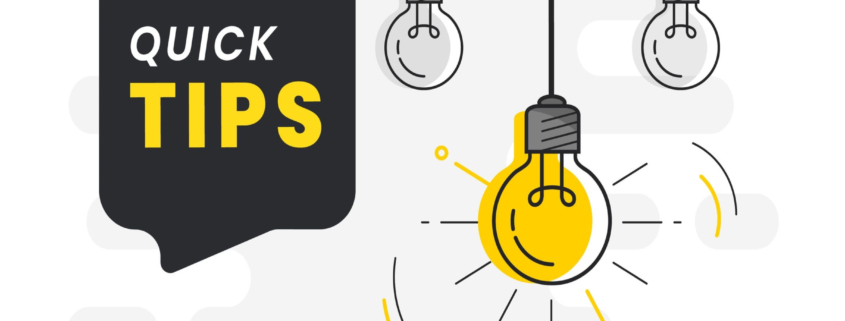

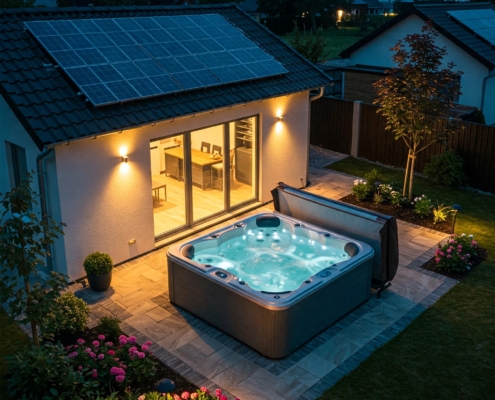
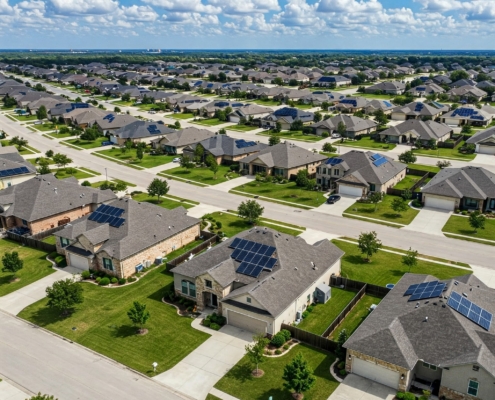


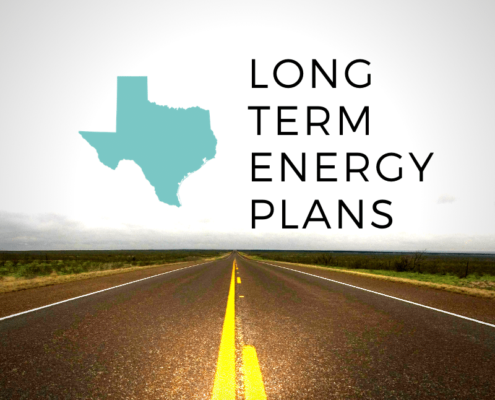
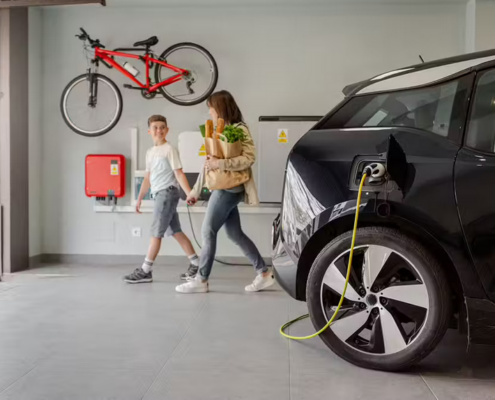

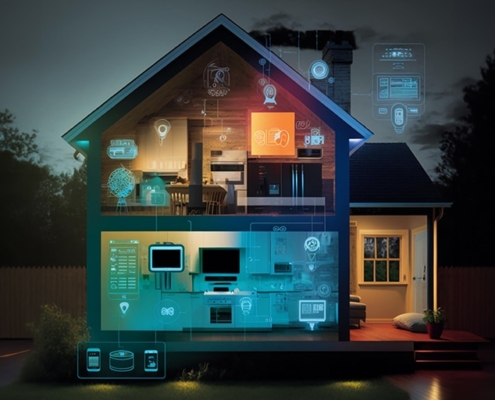
Leave a Reply
Want to join the discussion?Feel free to contribute!